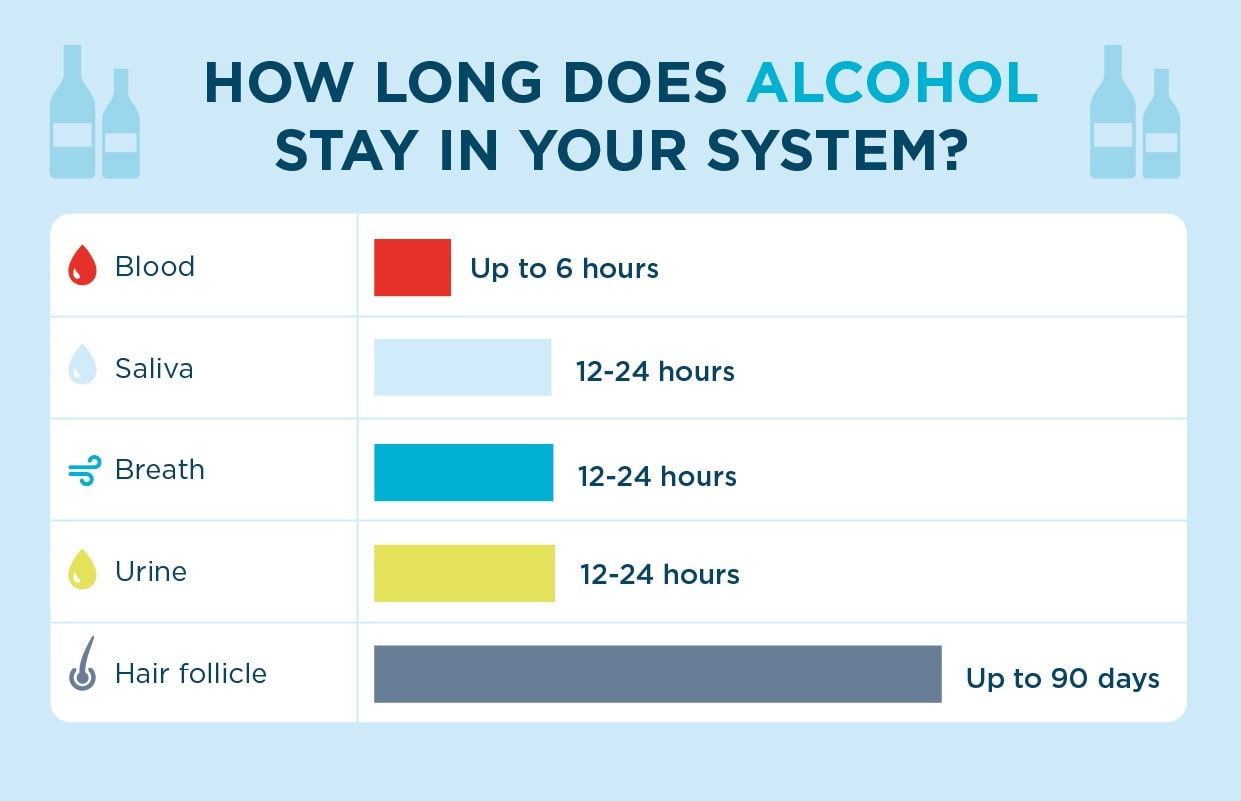What are alcohol shakes?
Experiencing shakes, tremors or seizures after drinking alcohol can be concerning. Find out what causes this withdrawal symptom, how to manage alcohol shakes and when to seek help.
Experiencing shakes, tremors or seizures after drinking alcohol can be concerning. Find out what causes this withdrawal symptom, how to manage alcohol shakes and when to seek help.



Alcohol shakes (also known as tremors or jitters) are a common symptom of withdrawal from alcohol. These tremors typically start hours after stopping drinking, worsen with movement and improve after a few days.
Alcohol shakes usually affect the hands but they can also impact the arms, legs and other body parts. They aren’t easy to control as they are caused by the part of your brain in charge of muscle function reacting to the alcohol leaving your body.
While alcohol shakes are a mild withdrawal symptom, they can also be a potential sign of long-term alcohol damage.
If you or someone close to you is experiencing alcohol shakes regularly, it might be time to seek professional help.
Alcohol shakes typically begin 6 to 12 hours after your last drink, peak within 24 to 48 hours, and may gradually improve over a few days. However, drinking alcohol again may temporarily ease the symptoms, which can make it harder to break the cycle of dependence.
The type of tremors to look out for are small, rapid tremors, shaking or jitteriness in the hands and fingers that worsen when you’re reaching for objects or using fine motor skills. Less common are head tremors which may look as though you’re subtly nodding or shaking your head, as if you were saying ‘yes’ or ‘no’.
You may also experience other symptoms such as the alcohol sweats, anxiety, nausea, a high heart rate and trouble sleeping that go beyond how long a typical hangover lasts.
Other conditions can cause shaking, from low blood sugar, panic attacks and anxiety to conditions like an overactive thyroid or Parkinson’s disease. Check with a doctor if you’re not sure why you’re experiencing tremors.
Alcohol tremors are just one sign of withdrawal. Other symptoms may include sweating, increased heart rate, high blood pressure, nausea and vomiting, loss of appetite, headache and fatigue, anxiety and irritability, insomnia, hallucinations and seizures. Chronic use of alcohol can also lead to serious memory problems.
Delirium tremens (DTs) is an extremely severe form of alcohol withdrawal, which can cause seizures and can occasionally be fatal. It's usually caused by reducing or completely stopping alcohol intake after a period of heavy drinking.
This dangerous condition starts with insomnia, tremors and sometimes seizures. Your consciousness can feel clouded, you may experience vivid hallucinations, uncontrollable tremors and be disoriented and confused. It can develop very quickly so a person with DTs needs immediate medical care.
Some people with alcohol withdrawal develop psychosis which also needs medical treatment. Symptoms include paranoia, jealousy or even auditory hallucinations.
Alcohol shakes can be an indication that DTs may happen. It's always recommended that alcohol withdrawal takes place as part of a medically assisted detox so that the right care and support can be provided when it's needed.
The duration of alcohol shakes depends on a number of factors including how much you drink and how frequently.
Tremors can begin within a few hours after the last drink, typically reaching peak intensity between 24 and 48 hours. They often start to ease by days five to seven but may persist for weeks or even months, depending on several factors.
The duration and severity of tremors can be influenced by the amount and frequency of alcohol use, overall health, liver function, general nutrition and whether you’ve experienced withdrawal before.
In some rare cases, tremors may not appear until seven to ten days after the last drink, especially for people with a long history of heavy drinking or co-occurring medical conditions.

To understand why drinking alcohol can cause tremors, we need to understand the several different ways that alcohol affects the brain.
Alcohol enhances a neurotransmitter called gamma-aminobutyric acid (GABA), which calms neural activity. It also reduces a neurotransmitter called glutamate, which prevents excessive brain stimulation.
Over time, the brain adjusts to this alcohol-induced change by producing less GABA and more glutamate to maintain balance. If you suddenly stop drinking, your brain is left with too little of the calming chemical and too much of the stimulating one. This can lead to symptoms like shaking, anxiety, and feeling on edge.
Long-term alcohol use can also damage the parts of the brain that help with movement and coordination. This is why some people who drink heavily may experience tremors, unsteady movements, or muscle spasms.
Alcohol also makes it harder for your body to absorb vitamin B1 (thiamin), which is essential for healthy nerves. If you don’t get enough vitamin B1, your tremors can get worse.
Vitamin B1 deficiency can also lead to more severe neurological issues such as Wernicke-Korsakoff Syndrome (WKS), a condition marked by confusion, co-ordination problems and memory loss. Prolonged vitamin B1 deficiency can lead to permanent brain damage.
Take our free online alcohol test to determine whether you might be struggling with an addiction to alcohol.
While mild alcohol shakes may resolve on their own, there are steps you can take that help to ease symptoms.
Hydration: Alcohol dehydrates the body, which can worsen tremors. Drink water, electrolyte drinks (like sports drinks) or coconut water to replace lost fluids. Avoid caffeine as it can make tremors worse.
Blood sugar stabilisation: Alcohol disrupts glucose metabolism, leading to low blood sugar, which can contribute to shakes. Eat small, frequent meals rich in complex carbs (such as wholegrains and fruit), proteins and healthy fats.
Rest and stress reduction: Withdrawal can cause insomnia and anxiety which can make tremors worse. Try deep breathing, meditation or light stretching to calm your nervous system. Sleep in a dark, quiet room to improve rest.
Vitamins and nutrients: Alcohol depletes the B vitamins necessary for healthy nerve function. Take a B-complex supplement or eat foods like eggs, nuts and leafy greens. Magnesium and potassium (found in bananas, avocados and nuts) can help with muscle control.
Stopping alcohol cold turkey can be risky, especially for heavy drinkers. Abrupt withdrawal can trigger severe tremors, seizures and DTs.
If you drink heavily or daily, medical supervision is recommended for a gradual, safer detox.
Seek immediate medical help if you experience:
The safest way for anyone to stop drinking alcohol is through a medically assisted alcohol detox – particularly if you drink daily, consume large amounts, have experienced withdrawal symptoms in the past, or have underlying health conditions like heart or liver disease.
